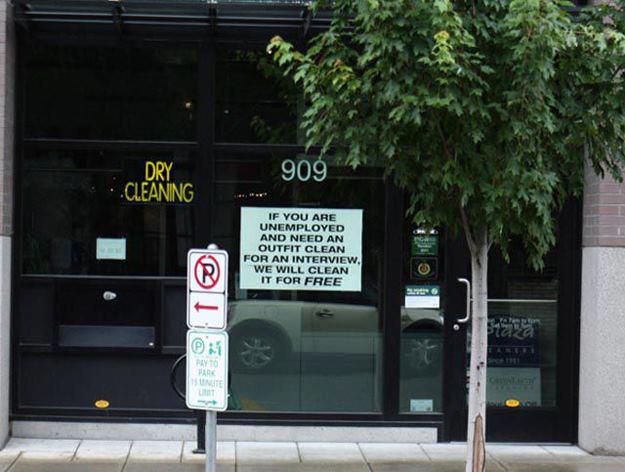Recently, I’ve gotten several Endorsements from connections on LinkedIn. I’ve been endorsed for Blogging, Marketing, Published Author, Referrals, Productivity, and other skills. If you were kind enough to endorse me, thank you!
So what do these endorsements mean? They mean pretty much what LinkedIn’s “Recommendations” mean–someone thinks highly of you and wants the world to know. So what’s the difference?
“Recommendations” come with a narrative from the endorser, a personalized testimonial from someone who has hired you or otherwise done business with you. Endorsements are more casual observations that can be added with the click of a button.
Recommendations carry more weight than Endorsements because of the personal attestation, but because they take time to write, they are harder to come by.
I think there is a place for both.
How do you get Endorsements and Recommendations? This article suggests two ways:
- Ask for them. Send an email to your list, post on your blog, etc., and
- Endorse others. Many will reciprocate.
Comments under the referenced article suggest that the ease of getting Endorsements diminishes their value. That’s probably true. But that doesn’t mean they don’t have value.
When someone visits your profile, either because you sent them there or they found you through search, having lots of Endorsements will give them an instant dose of “social proof” regarding your skills and experience. Yes, there may come a time when Endorsements are so common people don’t notice them, but they will surely notice if other attorneys have them and you don’t.
Want to earn more? Of course you do. Here’s where to start.









How to use someone else’s blog post to get traffic to your website
You read lots of blogs, right? For work, for news, for fun. You might think most of it isn’t something of interest to your clients and prospects. But you might be surprised at how much of it is.
Your clients and prospects are interested in lots of things that can make their lives better. They want to make more money, cut expenses, protect their credit, and get a better return on their investments. They want to get their kids into college and plan for retirement. They want to know how to be safe when they travel.
No matter what your clients are, they are also consumers.
So when you see an article entitled, 6 Things You Should Never Say to a Police Officer, and share it with your list, you’re providing them with value. The next time they see something from you, they’ll be more inclined to read it. And the next time they need a lawyer, they’ll be more inclined to think of you.
When you come across a post that’s interesting or useful, you probably do share it via social media. But when you share a link to a story and someone clicks on that link, it will take them to the website with the original story. Wouldn’t you prefer to have them go to your website?
Why not write your own article on the subject and share that link?
People will come to your website to read your article (and then onto the original), but by coming to your website first, they may see something else you wrote and be reminded that they need to hire you. When they share your link with their friends and followers, those folks will also come to your site first and hire you, sign up for your newsletter, or see something else they want to share with their friends and followers.
If you are a criminal defense lawyer, an article on what not to say to a police officer is a natural. You can add your comments, agree or disagree, and tell stories about your clients who messed up. What you have to say could be even more interesting than the original post.
If you are not a criminal defense lawyer, you can still comment on an article like this. You might have a personal experience you can share or know someone who has. You can ask a criminal defense lawyer for his take on the subject and add his comments or stories. A quick search may lead to a another article or two you can link to.
A blog post doesn’t have to be authoritative. It doesn’t have to be long. A few short paragraphs are fine. Tell your readers you found something you want to share, and why you like it (or don’t).
If there is a connection with what you do, yes, that is better. Your post will be longer and readers will stay on your page longer to read it. Your post will also be more valuable. That can only lead to more sharing and more appreciation.